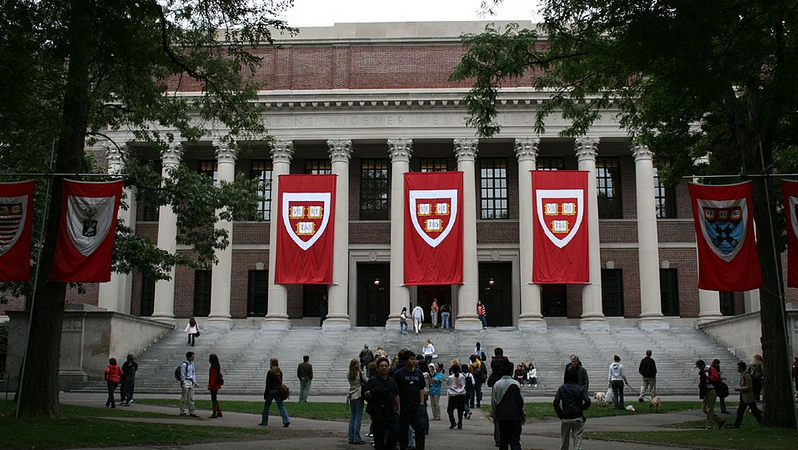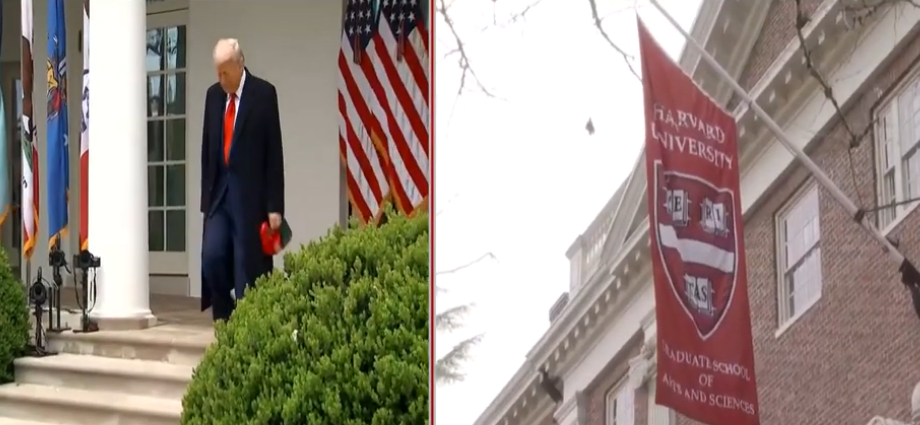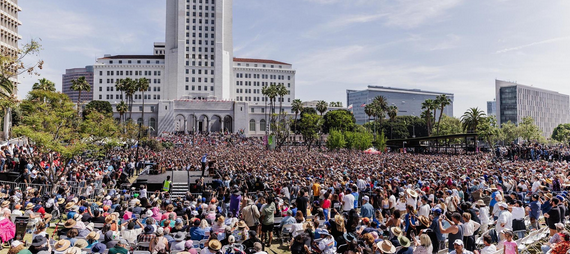[Latino Vote]
Mónica Gil: “This new research shows that young Latinos, the majority of which are U.S. born and politically engaged, intend to go to the polls in November at unprecedented levels.”
Photo: Telemundo
With Latinos poised to become the largest ethnic minority group in the electorate this November, Telemundo, the leading media company serving U.S. Hispanics, today released an in-depth study examining a wide range of political and social views of young Latinos, the driving force behind Hispanic voter growth.
In partnership with BuzzFeed News, the report titled “Young Latinos: A Generation of Change” includes a national online survey of registered Latino voters aged 18 to 34 and provides a detailed look at one of the country’s fastest-growing and most dynamic voting groups in this year’s historic election.
Telemundo conducted the landmark study as part of its company-wide initiative “Decision 2020,” a nonpartisan multiplatform news and civic engagement effort to provide Latinos with comprehensive information and resources on the issues and the candidates running in the 2020 election.
The initiative features expanded news coverage, virtual town halls and hyper-local online voter registration drives with national and local partner organizations to support Latinos during this year’s election cycle. Under Decision 2020, Telemundo has launched new digital shows in English and Spanish, offering important election information to young Hispanic voters seeking Latino perspectives in bilingual formats.
“This new research shows that young Latinos, the majority of which are U.S. born and politically engaged, intend to go to the polls in November at unprecedented levels,” said Mónica Gil, executive vice president and chief administrative and marketing officer at NBCUniversal Telemundo Enterprises. “With one million young Latino voters becoming eligible to vote each year over the next decade, this energized and hardworking ’Generation of Change’ is driven by their conviction to secure a place as central actors in our nation’s future. This report highlights that there is a clear opportunity for candidates and leaders of all political parties to engage and tap into this vibrant group of voters with plans and solutions that acknowledge and speak directly to the issues that matter most to them.”
The research paper’s findings offer insight into a critical demographic which, according to U.S. Census Bureau data, turned out to vote in the 2018 midterm elections at nearly twice the rate of previous midterm election cycles. With 91% of young Latinos born in the U.S., since the 2016 presidential election some 3.6 million Latinos will have turned 18 in time to vote in November. Overall this year, a record 32 million Latinos will be eligible to vote, making them the largest share of minority voters for the first time. Solid gains in buying power, college attainment, steady earnings and civic participation over the past several years give young Hispanics growing clout and political influence.
“We are thrilled to be partnering with Telemundo, a vital news organization, to get a better understanding of a rapidly expanding and consequential portion of the electorate,” said Matt Berman, politics editor at BuzzFeed News. “This research gives a great sense of what actually matters to young Latinos, and how they’re engaging with and shaping American politics.”
Key insights from the “Young Latinos: A Generation of Change” study include:
- Motivated to Vote: Among the young Latinos surveyed, 64% said they “definitely” planned to vote in November and 57% said they were feeling “fired up” about the presidential race. Some 82% cited the recent Black Lives Matter protests as motivating them to vote. Seventy-one percent said the coronavirus crisis was a motivating factor, with 83% saying the pandemic had affected their health or finances. Almost half (48%) said they had suffered financially because of job losses or pay cuts. Three-quarters of voters described the 2020 presidential election as more important than the 2016 vote.
- Undecided in Their Political Allegiance: Over one-third (37%) of young Latinos describe themselves as independent or undecided about their political party affiliation. Half described themselves as Democrat and 13% said they are Republican. Asked to name a politician who had “shown up” for the Latino community, a third responded “nobody.” Among those who did name a political figure who supports Hispanics, Bernie Sanders, Alexandra Ocasio-Cortez and Joe Biden were mentioned by 6% of young Latinos followed by Trump with 3%.
- Focused on Inequality: Over eight in 10 young Latinos (85%) say issues that address racial inequality and systemic barriers are most likely to motivate them to vote. Almost three-quarters (73%) of young Latinos said either they, their family or friends have been the target of racism over the past two years. Almost two-thirds (63%) said they had been called offensive names, 45% were told to stop speaking Spanish in public and 45% were told to go back to their country even though the large majority are U.S. born.
- 2020 Voting Insights: Sixty percent of young Latinos said they would vote for former Vice President Joe Biden if the election was held tomorrow, and 19% would choose President Donald Trump. When asked if they personally identify with either of the candidates, 37% say they identify with Biden and 17% with Trump. Asked who they expected to win the election, 53% said Biden would win and 52% said Trump would be re-elected.
- Making Their Mark: When they compare themselves to their parents, young Latinos said they are more informed, vocal, actively involved in social-political issues, and more likely to vote, showing a resolve that is unique to this generation of young Latino voters. Half (51%) said they share the same political affiliation as their parents.
- Police Brutality, Healthcare Among Other Issues: Fifty-seven percent of young Latino voters said that reducing police brutality motivates them to vote while 51% said affordable healthcare for all and equal rights and fair pay for women were motivating factors. Almost half (45%) rated mental health awareness, protecting the environment, reducing gun violence and legalizing marijuana as top issues. Close to a third (29%) said several conservative issues motivate them to vote, including religious rights, gun ownership and respect for law enforcement.







